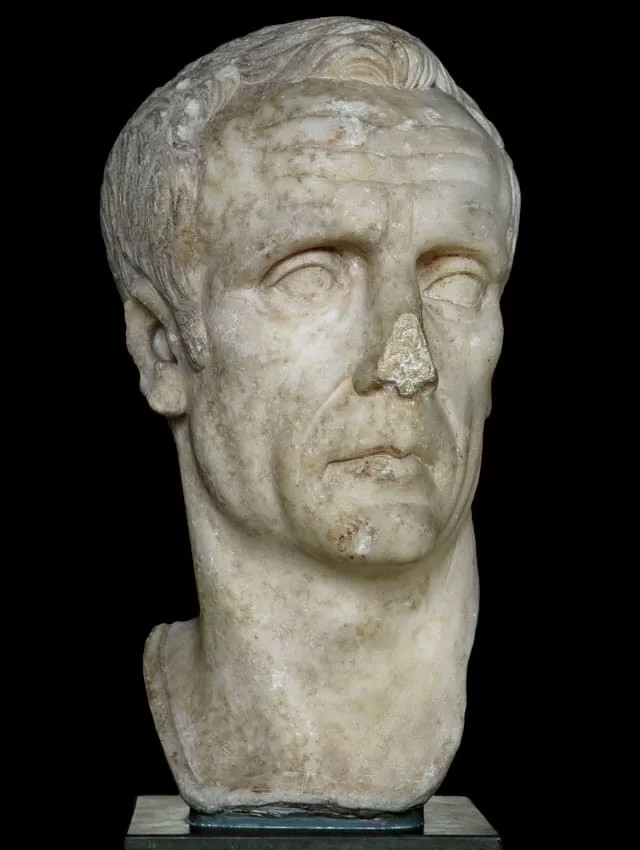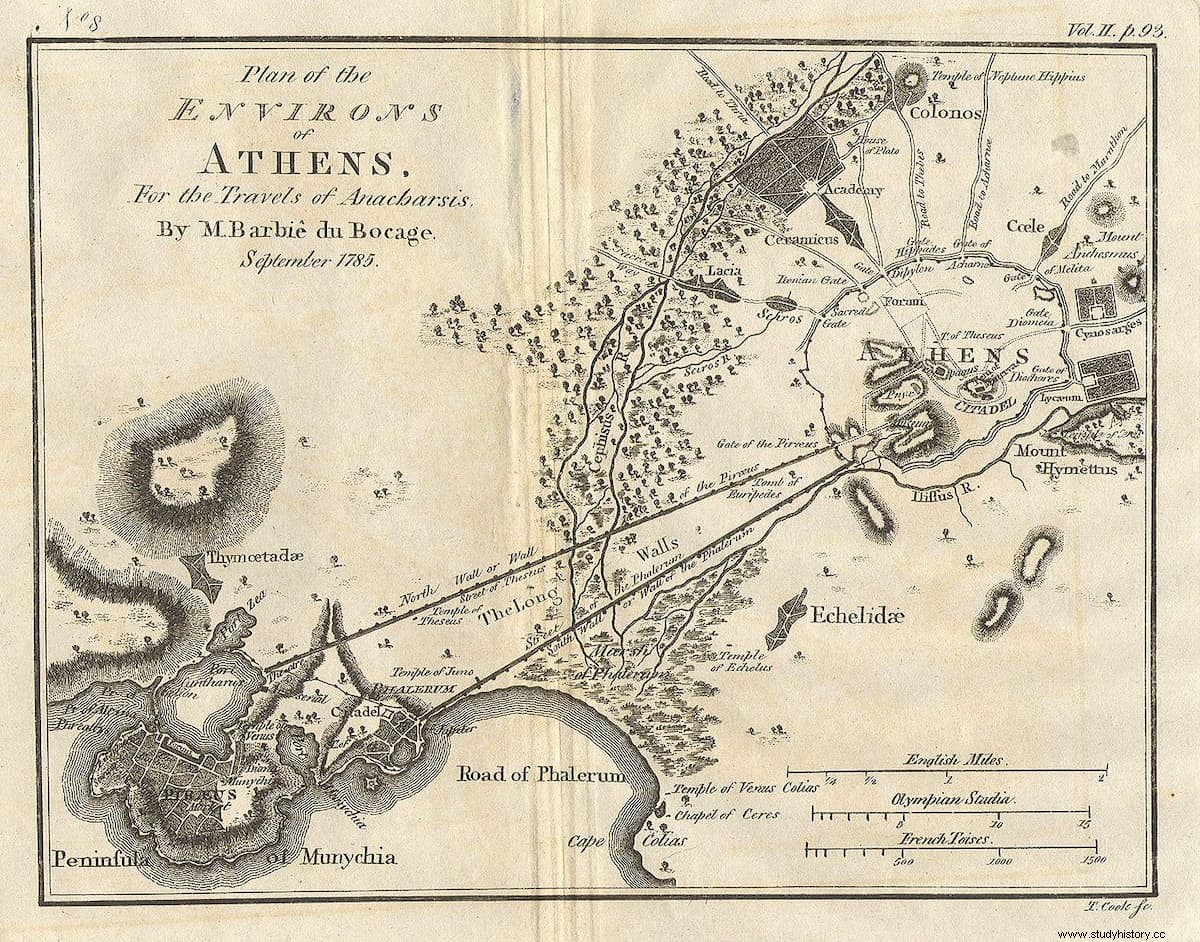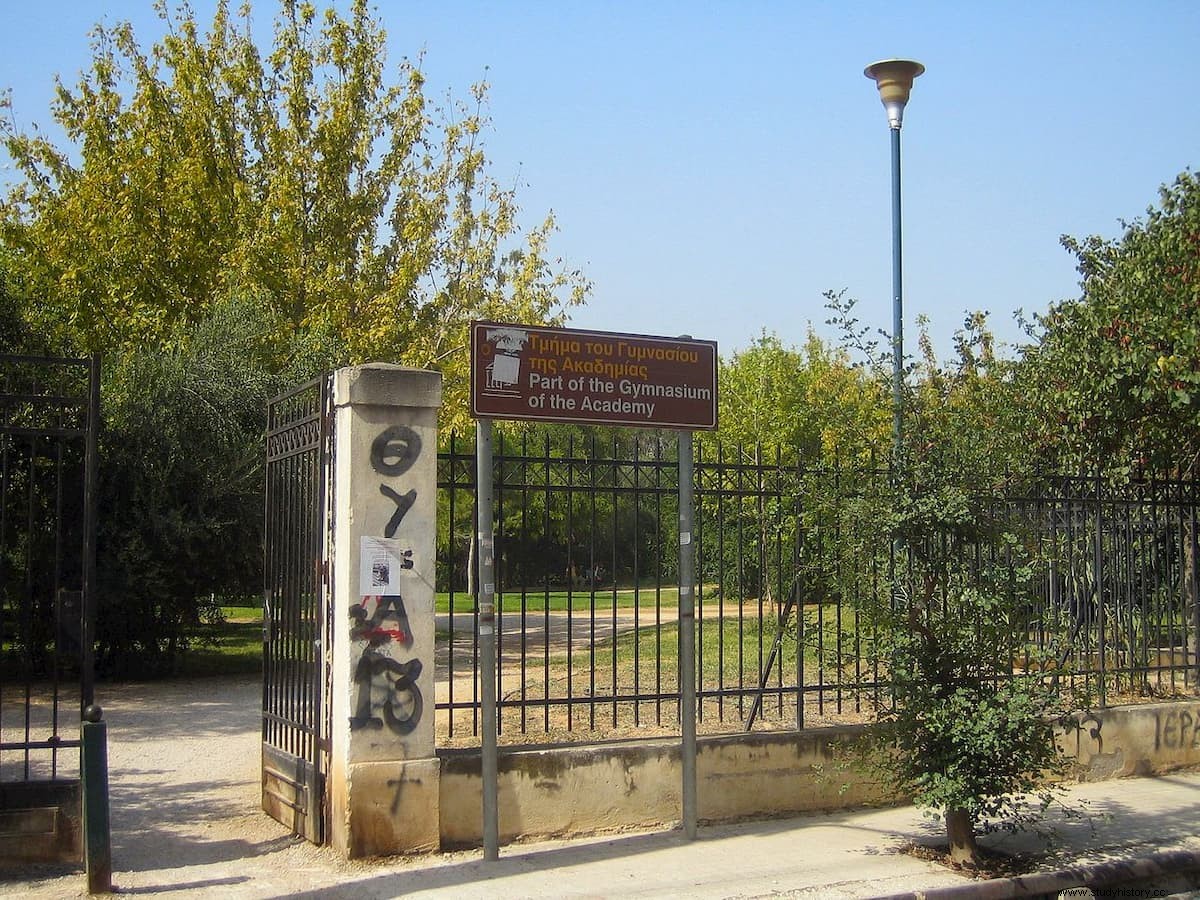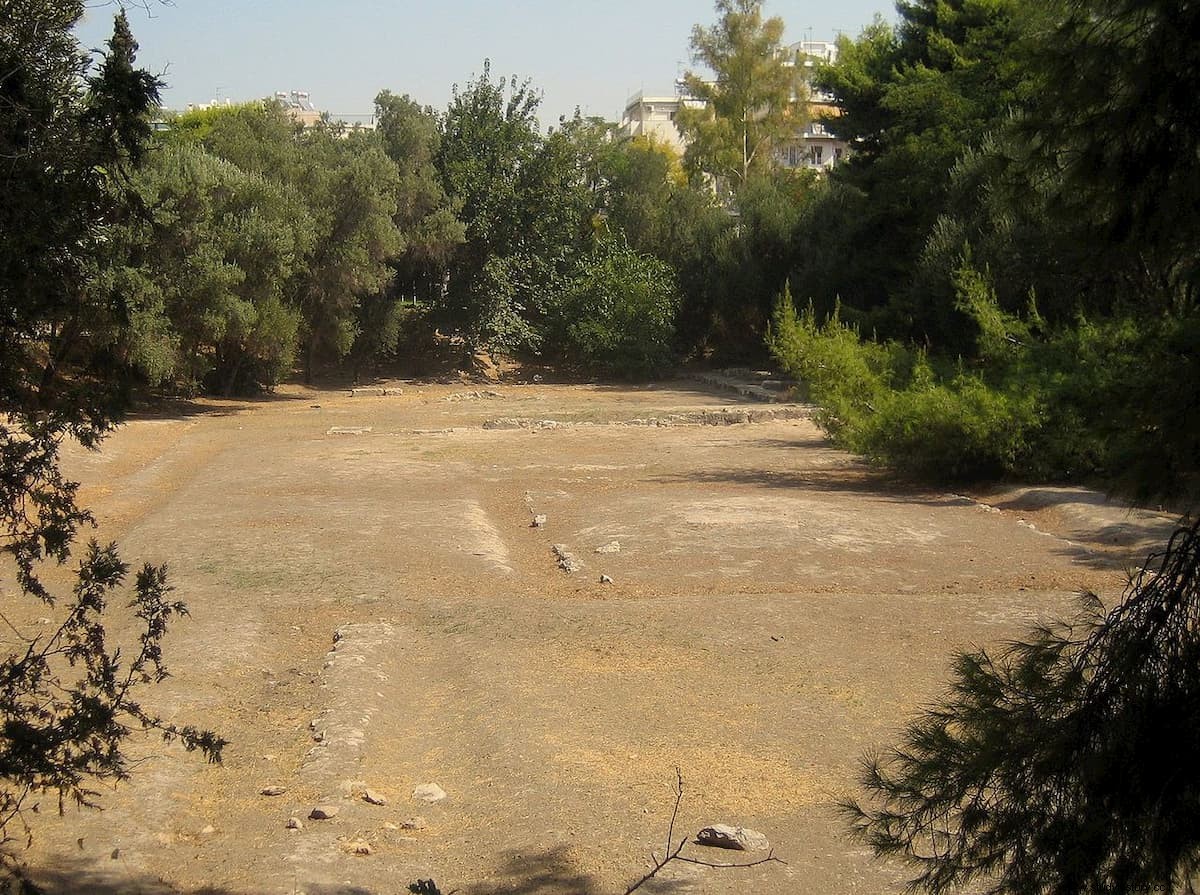When the Roman general Sulla took Athens in 86 B.C. he got a fantastic prize:Aristotle's library. Indeed, much of the library of the famous philosopher had been taken back to Athens by Apelicon, who had bought it in very poor condition and dedicated himself to restoring it, not too tactfully.
The Roman soldiers, entering the city on March 1, 86 B.C., found Apelicon hiding in his library, reported him, and notified Sulla of their discovery. He ordered to load the books on a ship to transport them to his villa in Rome.
The library contained both Aristotle's own and other works, among them possibly the works of the most famous Greek philosophers such as Thales of Miletus, Pythagoras, Heraclitus, and of course those of his teacher Plato. Apelicón, who had commanded an Athenian expedition to try to wrest Delos from the Romans (unsuccessfully), was thus a victim of the revenge of Sulla who, according to some, was already after his famous and large philosophical library.

Sulla had been sent to counteract the expansion of King Mithridates VI of Pontus, who had placed Aristion as tyrant of Athens, during the First Mithridatic War. As Aristion had followed a policy of scorched earth To defend himself from the Roman siege, Sulla did not find the means to build his assault machines on the Acropolis where Aristion resisted.
So he ordered all the trees within 150 kilometers to be cut down for wood, including the sacred groves, and Attica was razed to the ground.
Among the trees he felled were the centenarians of Plato's Academy, under whose shade so many renowned thinkers strolled and philosophized. Founded exactly 300 years earlier in the gardens of Academus, it was located approximately 1 kilometer northwest of Athens, exiting through the Dipylon (double) gate in the wall and on the way to Eleusis.

Sulla destroyed the Academy, which would not be refounded until more than 490 years later, in 410 AD, only to be definitively closed by Justinian in 529. Not only that, according to Plutarch, Sulla also destroyed Aristotle's Lyceum, which was at the east, and closer to the walls than the Academy:
And since he needed money, he took all the gold and silver he wanted from temples and shrines all over Greece, and with it he minted money. These Sulla coins would remain in circulation for centuries, so high was their quality.

Pausanias says in his Description of Greece when he talks about the Odeon of Pericles at the foot of the Acropolis:
However, other sources say that it was Aristion himself who set it on fire, to prevent Sulla from using the wood for the construction. And it is that the Odeon had been designed to imitate Xerxes' tent, as a commemoration of the Medical Wars.

This vision of Sulla as a destroyer of works of art and opposed to everything that had to do with philosophy, would later be attenuated in the work of other authors such as Cicero or Strabo, who usually ignore the facts described by Plutarch.
However, a phrase about Sulla, possibly by the rhetorician Claudius Aelianus, remained for posterity as a much celebrated joke both in antiquity and in later times:what do a dolphin and an ox have in common, they say, and what Sulla and the philosophers? .
In both cases the correct answer is not much .
